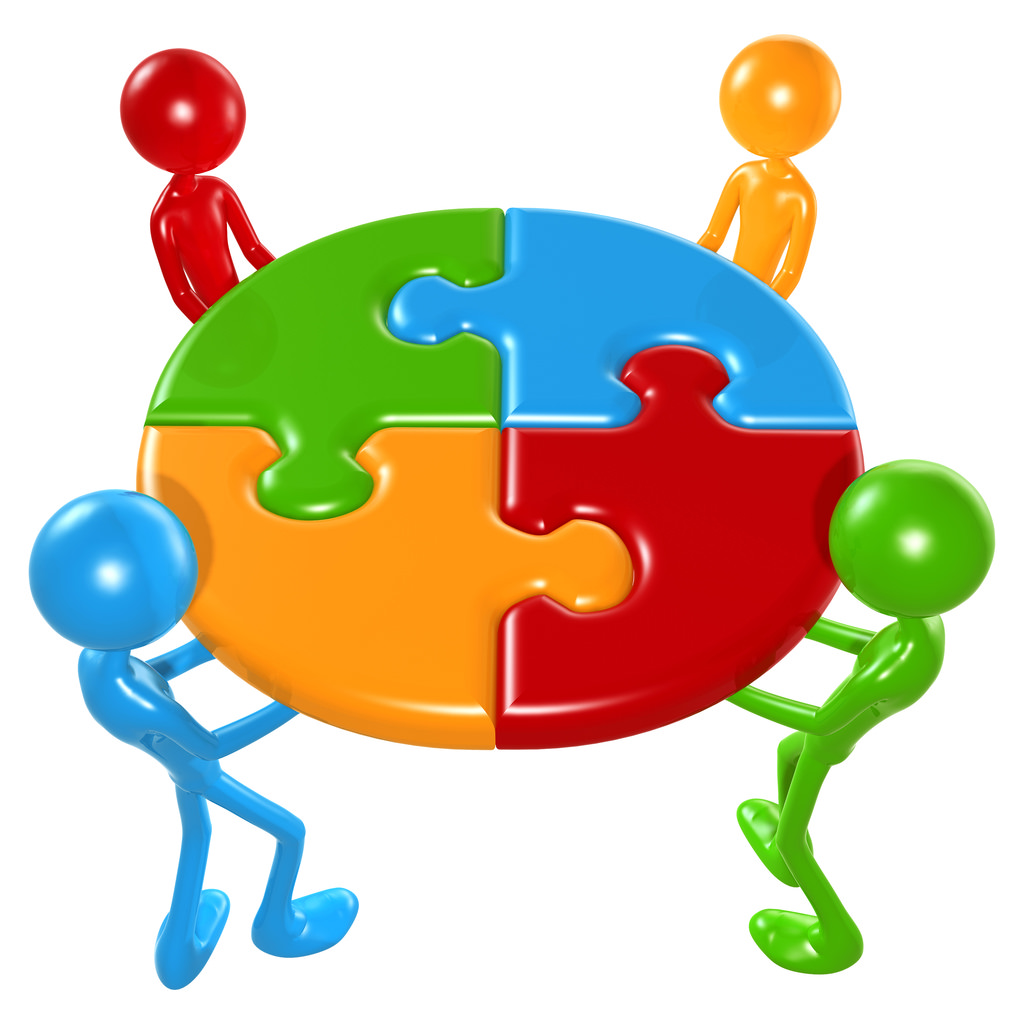“Humanitarian diplomacy provides vital action”
April 26 Security and diplomacy are global concerns, especially when conflict or disaster strikes. But Christine Shahbenderian, 23, a Commonwealth Correspondent from Nicosia in Cyprus, argues that humanitarian diplomacy has a strong role in global problem-solving.
Security and diplomacy are global concerns, especially when conflict or disaster strikes. But Christine Shahbenderian, 23, a Commonwealth Correspondent from Nicosia in Cyprus, argues that humanitarian diplomacy has a strong role in global problem-solving.
A defining feature of 21st century globalization is the increasing complexity of global relations and the rapidity with which information ricochets around the world, opening up new avenues for the conduct of diplomacy while helping new participants to become involved.
Equally importantly, human security risks can usefully be thought of as ‘polymorphous’, because at any moment people and their communities can be subject to political violence or environmental scarcities, which can generate a host of future dangers: food shortages, economic hardship, crime, disease, and human rights abuses.
Humanitarian diplomacy, long considered a poor second cousin to tangible action in the humanitarian and security field, has been playing an increasingly significant role to navigate this context and to help change policies and actions on behalf of the suffering populations. Humanitarian diplomacy is set apart from state-conducted diplomacy by the special poignancy it gives to maximizing support for operations and building the partnerships necessary if humanitarian objectives are to be achieved.
The concept of humanitarian diplomacy dates back to the foundation of the oldest modern humanitarian actor responding to conflict emergencies, the International Committee of the Red Cross (ICRC) , and to the adoption of the first Geneva Convention of 1864. Humanitarian action, however, is not necessarily limited to crisis situations like disasters or conflicts, but also has a developmental dimension. The work of humanitarian agencies – including non-governmental organizations (NGOs) – at the United Nations and with their governments and other decision-makers provides examples of this work and demonstrates the on-going nature of humanitarian diplomacy in many agendas.
The special emphasis humanitarian diplomacy puts on devising communication strategies and cultivating partnerships differentiates it from state-conducted diplomacy. Whereas conventional diplomats enjoy the attributes of power of their countries, the power of the humanitarian diplomat is based on the ability to persuade either directly or through alliances, and to operate with the backing of the communities they support.
Because the work of humanitarian diplomats is conditional on persuasion, persuading the decision-makers and opinion leaders with the appropriate diplomatic tools and actions is a central pillar of humanitarian diplomacy. Deciding the type of the action to be taken, and at what time, is part of the significant expertise that has been developed by humanitarian diplomats over many years of practice.
Although persuasion strategies are honed according to the context and time of the subject matter, the two fundaments of persuasion – logos (rational persuasion) and pathos (emotional persuasion) – established in ancient Greece always sit at the heart of any persuasion strategy carried out by the ICRC. By heeding the persuasion techniques of the humanitarian diplomats, there are valuable lessons to be learnt for all the relevant agencies and associations striving to increase their efficacy in the humanitarian or human security fields.
Building partnerships to influence decision-making on issues relevant to humanitarian diplomacy is imperative. Since a large part of the advocacy and persuasion work of humanitarian diplomats takes place within multilateral context, the formation of partnerships is essential for the approval of resolutions. In addition, the quality of decisions taken in conferences is particularly valued by the practitioners of this diplomacy – something which is easily overlooked by conventional diplomats. Resolutions adopted in an international conference will not normally have legally binding value, but will provide a strong moral base for persuasion at the national level when implementation is on the agenda.
For 122 states to sign the Ottawa Mine Ban Treaty in 1997, intense lobbying and persuasion work took place, often in partnership, between numerous NGOs, the ICRC as well as the Red Cross Red Crescent Movement in order to influence government policies in a series of meetings and conferences at different locations.
This particular example illustrates the nature of the work of humanitarian diplomacy, which is its persistent strive to forming partnerships among governments, the UN system, international and regional organizations, the ICRC and numerous NGOs in obtaining humanitarian goals. In my opinion, if there is a common credo in the concept and practice of humanitarian diplomacy, it is best encapsulated in Archbishop Desmond Tutu’s apt quote: “We can be human only in fellowship, in community, in koinonia…”
By pooling the aforementioned practices related to humanitarian diplomacy, we can find the answer to a new method of global problem-solving that is much needed in this millennium, and which is based on flexibility and partnership across governments, NGOs and inter-governmental sectors.
photo credit: Working Together Teamwork Puzzle Concept via photopin (license)
…………………………………………………………………………………………………………………
About me: I am doing an internship at the Cyprus Red Cross and learning everything about humanitarian diplomacy. I recently completed the MSc in International Relations at the London School of Economics and Political Science.
Ever since I remember, I have been passionate about history, geography, diplomacy and international development. I try to blend these interests and apply my knowledge in promoting effective democratic governance and civic engagement, as well in assisting with projects concerning conflict-resolution and peace-building in my homeland, Cyprus.
…………………………………………………………………………………………………………………
Opinions expressed in this article are those of the author and do not necessarily represent the views of the Commonwealth Youth Programme. Articles are published in a spirit of dialogue, respect and understanding. If you disagree, why not submit a response.
To learn more about becoming a Commonwealth Correspondent please visit: http://www.yourcommonwealth.org/submit-articles/commonwealthcorrespondents/
…………………………………………………………………………………………………………………




